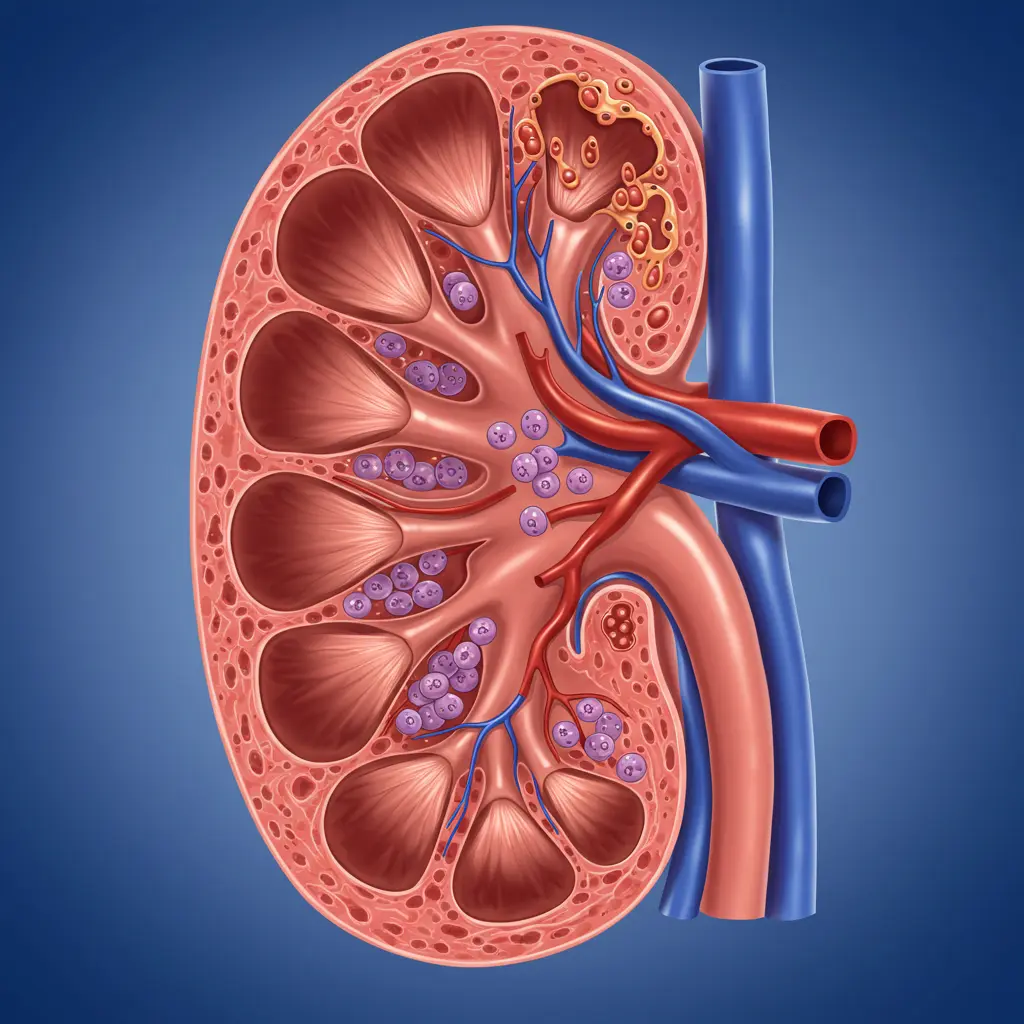Kidneys – A story about Renal failure
Written by: Marcos Otero, Retired Physician Associate
A story about Renal failure.
I want to tell you a story about a patient and a friend. I first met EC about fifteen years ago. He presented to the clinic with fatigue and extremely high blood pressure. Although he had a job – he chose not to purchase health insurance. He felt he did not need insurance and did not want to pay premiums. He had been to several clinics for acute care and preferred to pay out of pocket. He never followed up once his symptom cleared for continued care. This choice would cause many problems for him in the years to come.
The Story
His blood pressure always ran excessively high. He would only be seen when he had headache or other symptoms and because he was fearful of a possible stroke. He would be treated with medication and sometimes he would follow up with improved blood pressure. After that, he would disappear, and I did not see him for at least three years. After he ran out of his prescription since he felt he had no symptoms, he would not return nor take his medication.
During the years I had not seen him, he had gained weight, and his blood pressure continued to go up. Once again, he decided to be seen because he was feeling short of breath, gaining weight, felt lightheaded, and having headaches.
His blood pressure once again was extremely high. This time he followed through and had labs done and was found to also be diabetic. Once again, medications were started. He followed up, and his blood sugar and hypertension improved. He now decided he wanted to get insurance but found it to be cost-prohibitive because of his pre-existing conditions. Again, he chose not to follow up.
The next time I saw him, he had seemed to have aged over twenty years beyond his true age. He looked ill. He had been to multiple different providers at different times but never followed up. He admitted his blood pressure was continually out of control. He was unsure his diabetes was controlled since he had not followed up.
Now that he had Medicare, he was willing to undergo suggested therapies and treatments. During the years he had developed multiple other symptoms. Symptoms of kidney failure include itching, muscle cramps, nausea, and vomiting, not feeling hungry, swelling in your feet and ankles, either too much urine or not enough urine, trouble catching your breath, trouble sleeping. He was having all of these. He was also having diabetic symptoms which we will discuss in another article.
Important to note what the renal functions are.
The renal glands
Remove wastes and extra fluid. Your kidneys act like a filter to remove wastes and extra fluid from your body. Your kidneys filter about 200 quarts of blood each day to make about 1 to 2 quarts of urine. The urine contains wastes and extra fluid. This prevents buildup of wastes and fluid to keep your body healthy.
Control blood pressure
Your kidneys need pressure to work properly. Kidneys can ask for higher pressure if it seems too low or try to lower pressure if it seems too high by controlling fluid levels and making the hormone that causes blood vessels to constrict.
Make red blood cells
Your kidneys make a hormone called erythropoietin. Erythropoietin tells the bone marrow to make red blood cells. Red blood cells carry oxygen from your lungs to supply all your body’s needs. Red blood cells give you the energy you need for daily activities.
Keep bones healthy
The kidneys make an active form of vitamin D. You need vitamin D to absorb calcium and phosphorus. Calcium and phosphorus are important minerals for making bones strong. The kidneys also balance calcium and phosphorus so your body has the right amount.
Control pH Levels
pH is a measure of acid and base. Your kidneys maintain a healthy balance of the chemicals that control acid levels. As cells break down, they make acids. The foods you eat can either increase or lower the amount of acid in your body. Your kidneys balance the pH of your body by either removing or adjusting the right amounts of acid and buffering agents.
Back to his story
His kidneys were failing. Once again, baseline laboratories were done. This time, however, his renal functions were abnormal. His blood pressure was excessively high. He could not walk more than 10 feet without having to stop because of his shortness of breath. Upon examination, he had swelled from the knees down to his feet. His vitamin D was extremely low. He was anemic as well. His blood sugar was excessively high.
Aggressive therapy to lower his blood pressure and control his diabetes was instituted. He was sent to a cardiologist for an echocardiogram and found to have left and right-sided congestive heart failure. His kidneys were failing, and it was determined he would need dialysis. The kidney failure was attributed to all the years of damage caused by excessively uncontrolled high blood pressure and diabetes. Even with treatment, his kidneys continue to fail. He is now awaiting a kidney transplant. He is only two years older than I but appears to have aged more than 20 overnight.
Latinos like many others often many times forgo insurance and continual medical care. This can be attributed to the cost of insurance but in my clinic, most admit they do not want to pay premiums when they feel well most of the time and are asymptomatic. EC story shows much of the damage to the kidneys happens silently throughout the years with Hypertension and diabetes being leading causes of failure.
In the future, I will reiterate the symptoms of hypertension and diabetes.



